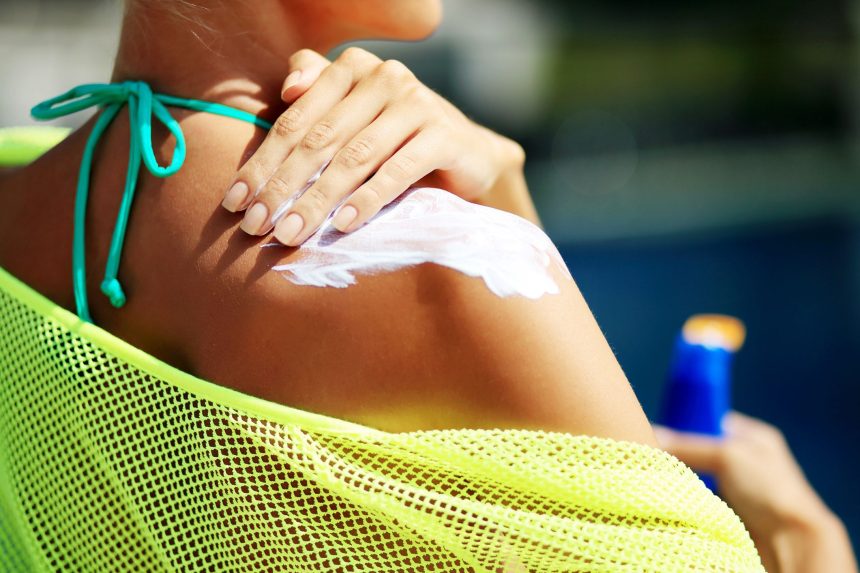Consumer Watchdog Uncovers Stunning Discrepancies
A staggering investigation by consumer advocacy group Choice has revealed that 16 of 20 popular sunscreens labeled as SPF 50 or 50+ failed to meet their claimed level of protection when tested in an accredited Australian laboratory. Among the brands falling short were widely trusted names such as Bondi Sands, Banana Boat, Cancer Council, and Ultra Violette.
Extreme Cases: Expected SPF 50–4, 5–64?
- The worst offender, Ultra Violette’s Lean Screen SPF 50+, tested at just SPF 4 in initial tests—and a retest by a German lab confirmed SPF 5.
- Other failures included sunscreen readings in the 20s, 30s, and 40s—none matched SPF 50+ as advertised.
Industry Pushback & Testing Challenges
Manufacturers responded by disputing Choice’s findings and presenting their own internal test results. The industry-standard SPF testing relies on human volunteers and visual erythema assessments, which can vary substantially between subjects and labs.
Regulatory Response and Product Recalls
- Ultra Violette voluntarily pulled Lean Screen SPF 50+ from shelves after independent testing revealed a wide range of SPF results—from 4 to 64—across multiple batches. Customers are being refunded and advised to cease using the product.
- Additional brands—including Naked Sundays, Outside Beauty and Skincare, Found My Skin, and Endota—have paused sales of their SPF 50+ products pending further testing.
- The Therapeutic Goods Administration (TGA) is conducting a full investigation into the lab findings, reviewing SPF testing protocols and exploring more accurate in vitro testing methods.
Why This Matters in Australia
With some of the highest rates of skin cancer worldwide, Australia’s consumer trust in SPF claims is critical. Despite inconsistencies, experts stress that any sunscreen is better than none, in conjunction with protective clothing, shade, and hats.











